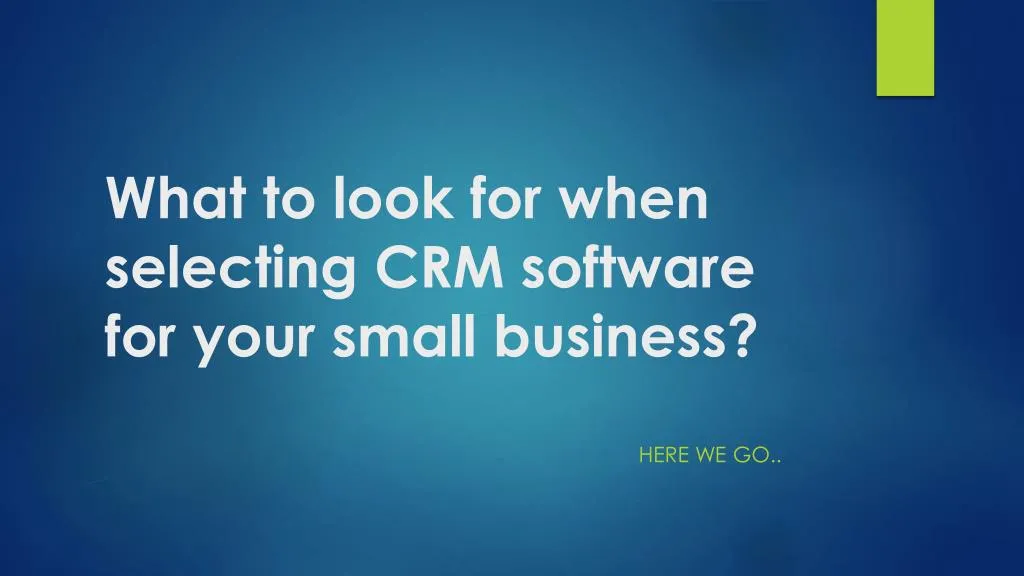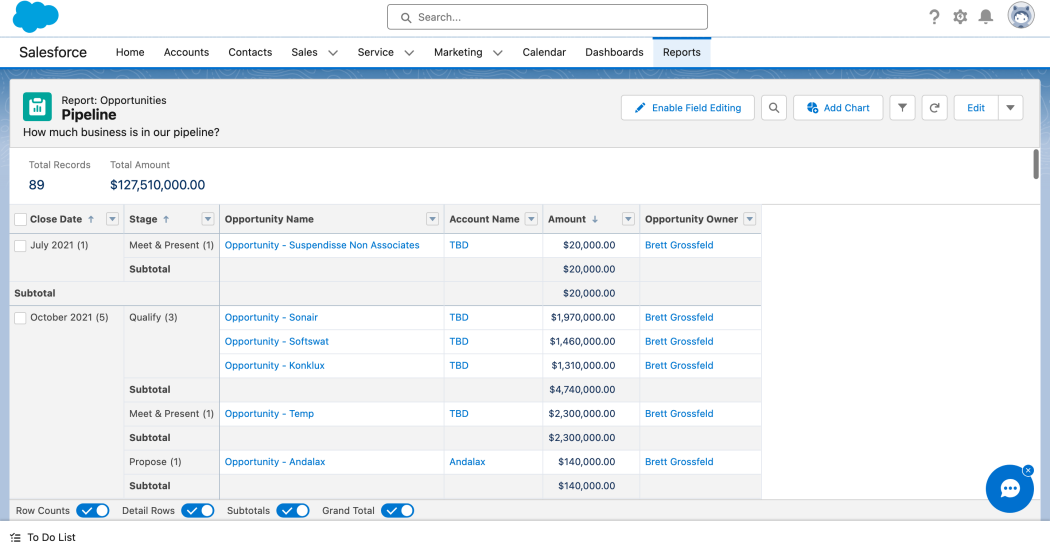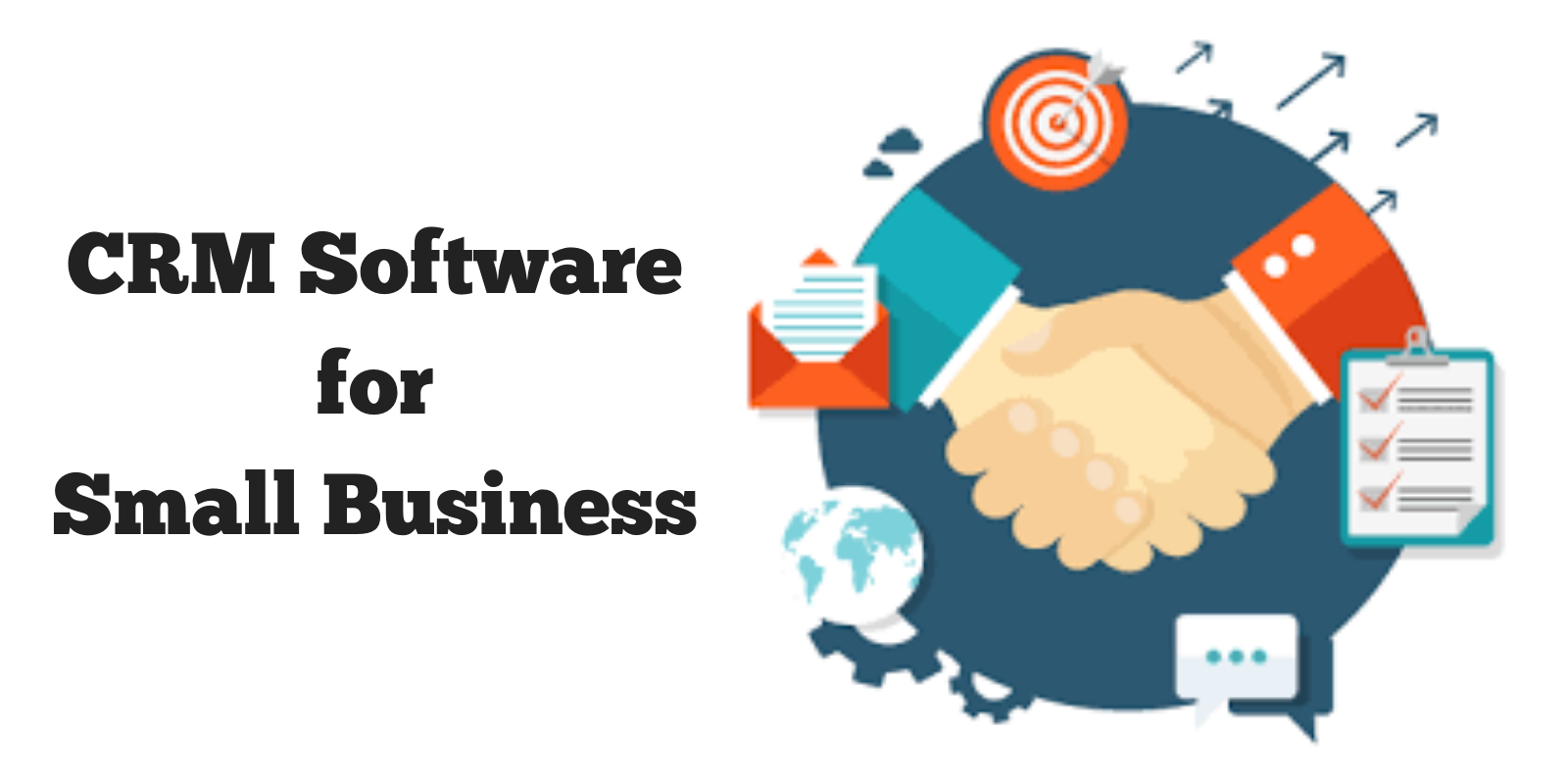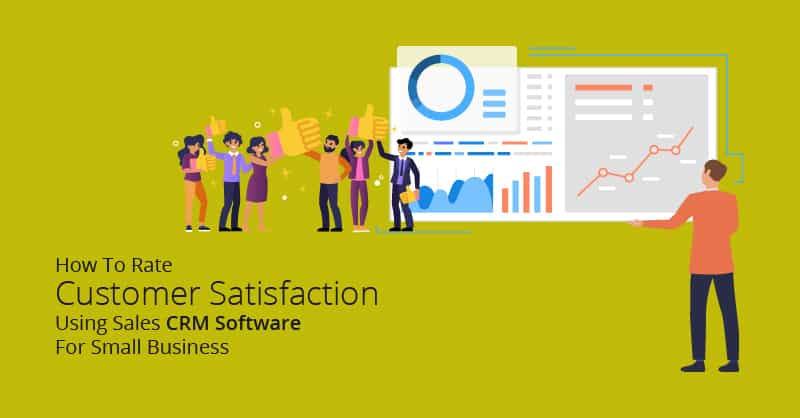Unlock Growth: Essential CRM Features for Small Businesses in 2024
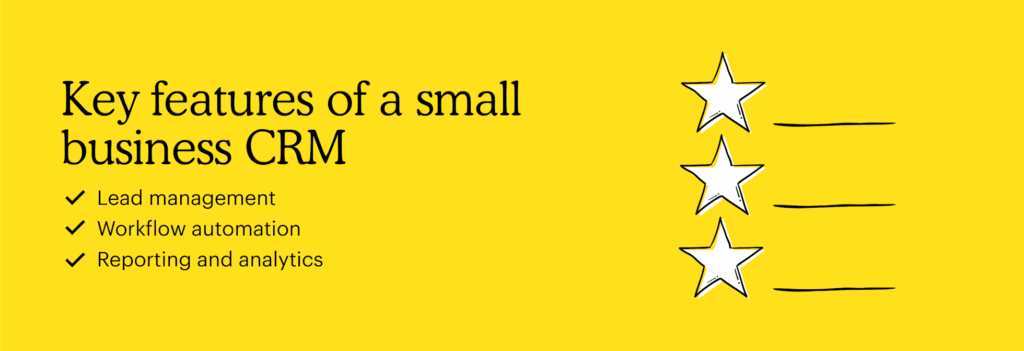
In the fast-paced world of business, especially for small businesses, staying ahead of the curve requires more than just a great product or service. It demands a deep understanding of your customers and the ability to nurture those relationships effectively. This is where a Customer Relationship Management (CRM) system becomes an indispensable tool. But with a plethora of CRM options available, each boasting a range of features, how do you choose the right one for your small business? This article dives deep into the essential CRM features that can transform your business, boost customer satisfaction, and drive sustainable growth.
What is a CRM and Why Does Your Small Business Need One?
Before we delve into the specifics, let’s clarify what a CRM is and why it’s crucial for small businesses. At its core, a CRM is a system that helps you manage your interactions with current and potential customers. It’s more than just a contact list; it’s a centralized hub for all customer-related information, including:
- Contact details
- Communication history
- Purchase history
- Marketing interactions
- Support tickets
For small businesses, a CRM offers a multitude of benefits:
- Improved Customer Relationships: By providing a 360-degree view of each customer, a CRM allows you to personalize interactions and build stronger relationships.
- Increased Sales: CRM systems help you identify and nurture leads, track sales opportunities, and close deals more efficiently.
- Enhanced Efficiency: Automation features in a CRM can streamline tasks, freeing up your team to focus on more strategic activities.
- Better Decision-Making: With access to real-time data and analytics, you can make informed decisions about your sales, marketing, and customer service strategies.
- Scalability: A well-chosen CRM can grow with your business, adapting to your evolving needs.
Essential CRM Features for Small Businesses
Now, let’s explore the key CRM features that are essential for small businesses looking to maximize their customer relationships and drive growth. These features are the building blocks of an effective CRM strategy.
1. Contact Management
At the heart of any CRM is contact management. This feature allows you to store and organize customer information efficiently. Key aspects include:
- Centralized Database: A single, accessible location for all contact details, eliminating the need for scattered spreadsheets or contact lists.
- Comprehensive Profiles: Store not just names and phone numbers, but also email addresses, social media profiles, job titles, and any other relevant information.
- Segmentation: Group contacts based on various criteria (e.g., demographics, purchase history, lead source) for targeted marketing and sales efforts.
- Easy Search and Filtering: Quickly find the information you need with robust search and filtering capabilities.
- Data Enrichment: Some CRM systems offer data enrichment features that automatically populate contact information, saving you time and ensuring data accuracy.
Why it Matters: Efficient contact management is the foundation of any successful CRM strategy. It ensures that your team has the information they need to engage with customers effectively, personalize interactions, and build strong relationships.
2. Lead Management
Lead management is the process of tracking and nurturing potential customers throughout the sales cycle. Key features include:
- Lead Capture: Capture leads from various sources, such as website forms, landing pages, and social media.
- Lead Scoring: Assign scores to leads based on their behavior and demographics to prioritize the most promising prospects.
- Lead Qualification: Determine whether a lead meets your ideal customer profile and is likely to convert.
- Lead Assignment: Automatically assign leads to the appropriate sales representatives.
- Lead Nurturing: Implement automated email campaigns and other marketing activities to nurture leads and move them through the sales funnel.
- Sales Pipeline Visualization: Track leads through different stages of the sales pipeline to identify bottlenecks and improve conversion rates.
Why it Matters: Effective lead management helps you identify and convert high-quality leads, maximizing your sales efforts and improving your return on investment (ROI).
3. Sales Automation
Sales automation streamlines repetitive tasks, freeing up your sales team to focus on building relationships and closing deals. Key features include:
- Automated Email Sequences: Set up automated email campaigns to nurture leads, follow up with prospects, and onboard new customers.
- Task Automation: Automate tasks such as creating follow-up reminders, scheduling meetings, and updating contact records.
- Workflow Automation: Create automated workflows to guide leads through the sales pipeline and trigger actions based on specific events.
- Sales Reporting: Generate reports on sales performance, including sales cycle length, conversion rates, and revenue generated.
- Deal Tracking: Track the progress of sales deals through the sales pipeline, including the value of the deal, the expected close date, and the stage of the deal.
Why it Matters: Sales automation saves time, reduces errors, and improves sales efficiency, allowing your team to focus on high-value activities.
4. Marketing Automation
Marketing automation helps you streamline and personalize your marketing efforts. Key features include:
- Email Marketing: Design and send targeted email campaigns to specific customer segments.
- Marketing Automation Workflows: Create automated workflows to nurture leads, onboard new customers, and re-engage existing customers.
- Landing Page Creation: Build landing pages to capture leads and promote your products or services.
- Social Media Integration: Connect your CRM to your social media accounts to track interactions and manage your social media presence.
- Campaign Tracking: Track the performance of your marketing campaigns, including open rates, click-through rates, and conversion rates.
Why it Matters: Marketing automation helps you reach the right customers with the right message at the right time, improving your marketing ROI and driving sales.
5. Customer Service and Support
Providing excellent customer service is crucial for building customer loyalty and retention. Key features include:
- Ticketing System: Manage customer inquiries and support requests efficiently.
- Help Desk Integration: Integrate your CRM with your help desk system to provide seamless customer support.
- Knowledge Base: Create a knowledge base of articles and FAQs to help customers find answers to their questions.
- Live Chat: Provide real-time support to customers through live chat.
- Self-Service Portals: Allow customers to access their account information and manage their support requests through a self-service portal.
Why it Matters: Effective customer service and support builds customer loyalty, reduces churn, and improves your brand reputation.
6. Reporting and Analytics
Data is your most valuable asset. Reporting and analytics features provide insights into your sales, marketing, and customer service performance. Key features include:
- Customizable Dashboards: Create dashboards to visualize key metrics and track progress towards your goals.
- Pre-built Reports: Access pre-built reports on sales, marketing, and customer service performance.
- Custom Report Creation: Create custom reports to track specific metrics and gain deeper insights.
- Data Visualization: Use charts and graphs to visualize data and identify trends.
- Real-time Reporting: Access real-time data and reports to make informed decisions.
Why it Matters: Reporting and analytics helps you track your progress, identify areas for improvement, and make data-driven decisions.
7. Integrations
Integration capabilities are essential for connecting your CRM with other tools and systems you use. Key integrations include:
- Email Marketing Platforms: Integrate with email marketing platforms like Mailchimp or Constant Contact.
- Accounting Software: Connect your CRM with accounting software like QuickBooks or Xero.
- Project Management Tools: Integrate with project management tools like Asana or Trello.
- Social Media Platforms: Connect your CRM to your social media accounts.
- E-commerce Platforms: Integrate with e-commerce platforms like Shopify or WooCommerce.
Why it Matters: Integrations streamline your workflow, eliminate data silos, and provide a more comprehensive view of your business.
8. Mobile Accessibility
In today’s fast-paced world, mobile accessibility is a must-have feature. Key aspects include:
- Mobile Apps: Access your CRM data and functionality from your smartphone or tablet.
- Offline Access: Access data even when you don’t have an internet connection.
- Push Notifications: Receive notifications about important events, such as new leads or customer inquiries.
- Location-Based Features: Utilize location-based features to track sales representatives and manage appointments.
- User-Friendly Interface: Ensure the mobile app has a user-friendly interface that is easy to navigate.
Why it Matters: Mobile accessibility allows your team to access and update customer information on the go, improving responsiveness and productivity.
Choosing the Right CRM for Your Small Business
Selecting the right CRM is a critical decision. Here are some factors to consider:
- Business Needs: Identify your specific needs and goals. What are you trying to achieve with a CRM?
- Budget: Determine your budget and choose a CRM that fits your financial constraints.
- Ease of Use: Choose a CRM that is user-friendly and easy to learn.
- Scalability: Select a CRM that can grow with your business.
- Integrations: Ensure the CRM integrates with the other tools and systems you use.
- Customer Support: Choose a CRM with excellent customer support.
- Reviews and Ratings: Read reviews and ratings from other small businesses.
- Free Trials and Demos: Take advantage of free trials and demos to test out different CRM systems.
Top CRM Systems for Small Businesses in 2024
Here are some popular CRM systems that are well-suited for small businesses:
- HubSpot CRM: A free CRM with powerful features and integrations.
- Zoho CRM: A comprehensive CRM with a range of features and affordable pricing.
- Salesforce Essentials: A simplified version of Salesforce for small businesses.
- Pipedrive: A sales-focused CRM with a user-friendly interface.
- Freshsales: A sales CRM with built-in phone, email, and chat.
Implementing Your CRM: Best Practices
Once you’ve selected a CRM, successful implementation is key. Here are some best practices:
- Define Your Goals: Clearly define your goals and objectives for using the CRM.
- Plan Your Implementation: Create a detailed plan for implementing the CRM.
- Clean Your Data: Clean and organize your data before importing it into the CRM.
- Train Your Team: Provide comprehensive training to your team on how to use the CRM.
- Customize Your CRM: Customize the CRM to meet your specific needs.
- Monitor and Evaluate: Monitor your progress and evaluate the effectiveness of the CRM.
- Seek Ongoing Support: Seek ongoing support from your CRM provider.
The Future of CRM for Small Businesses
The CRM landscape is constantly evolving. Here are some trends to watch for:
- Artificial Intelligence (AI): AI-powered CRM features, such as predictive analytics and automated customer service, are becoming increasingly common.
- Personalization: CRM systems are becoming more sophisticated in their ability to personalize customer interactions.
- Mobile-First Approach: CRM providers are focusing on mobile-first design and functionality.
- Integration with IoT: CRM systems are integrating with the Internet of Things (IoT) to provide a more comprehensive view of customer behavior.
- Focus on Customer Experience: CRM systems are increasingly focused on providing a seamless customer experience.
Conclusion: Embracing CRM for Small Business Success
In conclusion, a CRM is no longer a luxury but a necessity for small businesses striving for growth and success. By implementing the essential CRM features discussed in this article, you can streamline your operations, improve customer relationships, and drive sales. Remember to choose the right CRM for your business, implement it effectively, and stay ahead of the curve by embracing the latest trends. With a well-chosen and properly implemented CRM, your small business can unlock its full potential and achieve sustainable growth.
Investing in a CRM is an investment in your future. It’s about putting your customers first, understanding their needs, and building lasting relationships. It’s about working smarter, not harder. And it’s about creating a business that thrives in today’s competitive market. Take the first step today and explore the possibilities that a CRM can offer your small business. Your customers (and your bottom line) will thank you for it.


